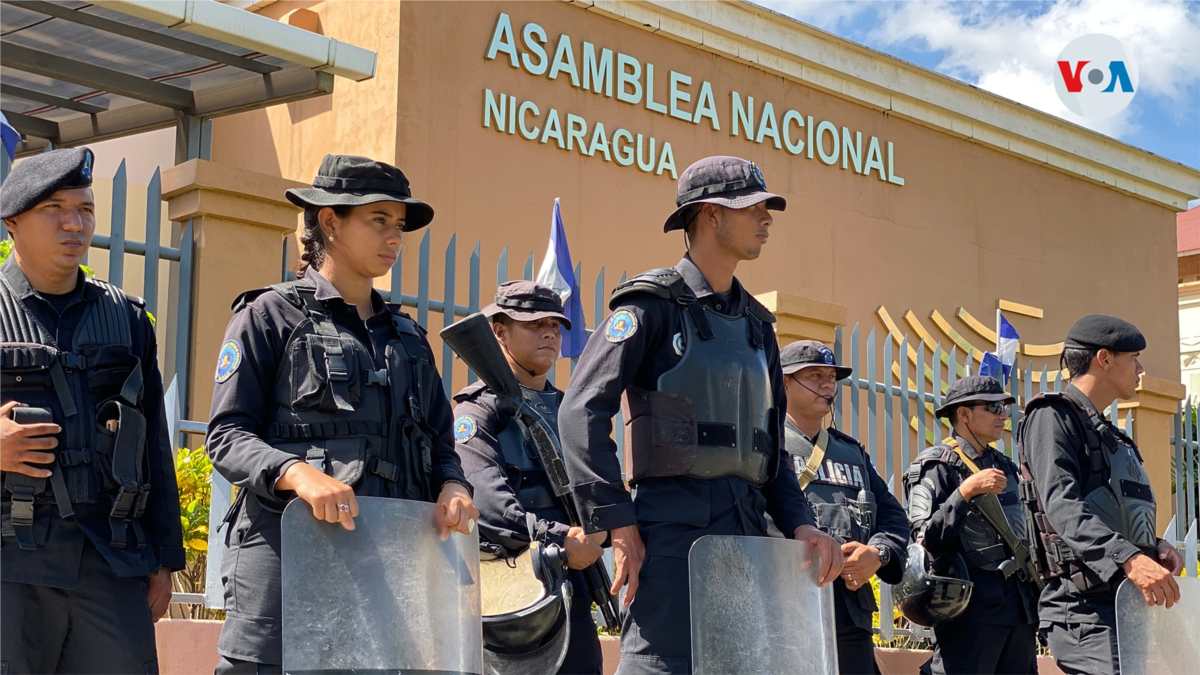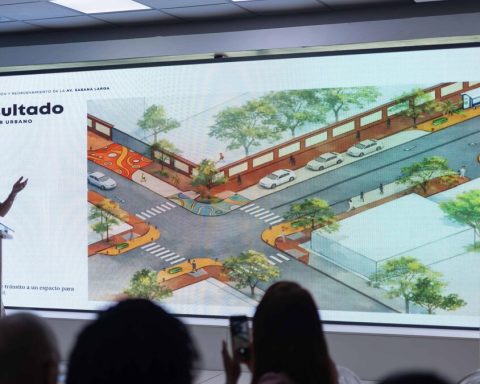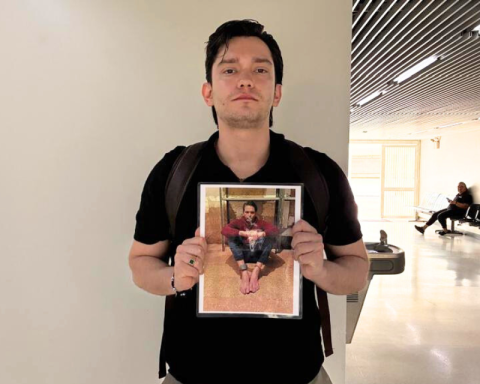The Nicaraguan Parliament approved this Wednesday a reform to the Organic Law of the National Police that establishes criminal sanctions for members of this body who leave the institution alleging “that they incur serious damage to citizen security.”
Police officers could face between 2 and 3 years in prison for deserting in Nicaragua, according to the reform that was approved unanimously with 92 votes in favor and none against; while for breaching their duties, they could be punished between 6 months and two years in prison.
On the other hand, the National Assembly reformed in its first legislature article 97 of the Political Constitution of Nicaragua, which establishes that the National Police “is nonpartisan and apolitical.”
With the constitutional reform that must be ratified next year in a second legislature, police non-partisanship would be suppressed and the armed institution would be subjugated to President Daniel Ortega.
“Probably you will hear a fuss that the civil nature of the police was removed, that what is non-partisan or apolitical was removed, as if those things are what determine the action,” he told the media. pro-government deputy Edwin Castro, close to Ortega, sanctioned by the United States for violation of human rights.
According to Castro, “the most important thing” is that it reaffirms that “the police, in addition to caring for and preserving internal order, also preserve social order and, in addition, preserve -perhaps most importantly- the lives of citizens, their property and those of the institutions and social”.
“It is distracting to be discussing whether it is non-partisan or apolitical, when the Police must have sufficient force to protect social assets, to protect the lives of Nicaraguans and State assets, and consequently the private assets of the Nicaraguans. The best example we could have was in the unfortunate failed coup attempt,” Castro said in relation to the protests against Ortega in 2018.
Ortega will centralize all power, says expert
Elvira Cuadras, director of the Center for Transdisciplinary Studies of Central America (CETCAM), told the voice of america that the reforms seek to implement “an institutionalization of the police system” in Nicaragua.
“These reforms to the Constitution and the National Police Law are framed within changes to the legal framework that seeks for this armed body to be prone to the provisions that emanate from the presidency without any objection,” Cuadras indicates in this regard. “Decisions will be centralized to the executive”.
For his part, former Nicaraguan diplomat Arturo McFields stressed on Twitter that the reforms show that “Ortega is terrified of a rebellion on the farm.”
“The reforms to the Constitution and the Police Law seek to concentrate power, weaken the institutional framework and intensify repression. The loyalty of the police is volatile and fickle. Ortega knows it and is afraid,” he wrote.
Since President Daniel Ortega came to power in Nicaragua in 2007 to date, the number of officers that make up the ranks of the National Police has almost doubled, according to data published in the Statistical Yearbooks of the institution.
However, the citizen perception of security decreased, according to the analysts consulted, who argue that the police forces have been used with the sole purpose of consolidating Ortega’s power. Currently the institution is classified as “the repressive arm” of the government for which it was sanctioned by the United States.
Connect with the Voice of America! Subscribe to our channel Youtube and Activate notifications, or follow us on social networks: Facebook, Twitter and instagram
















